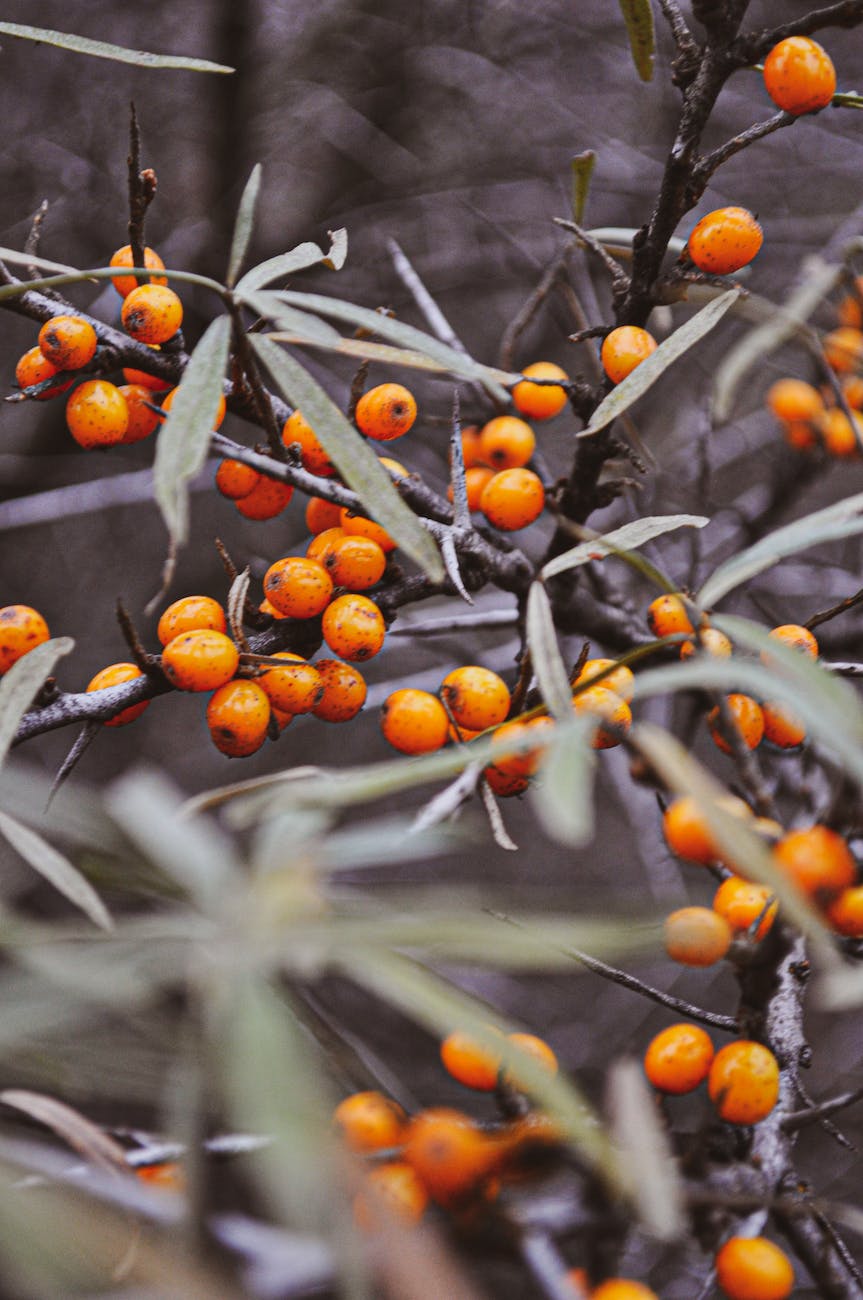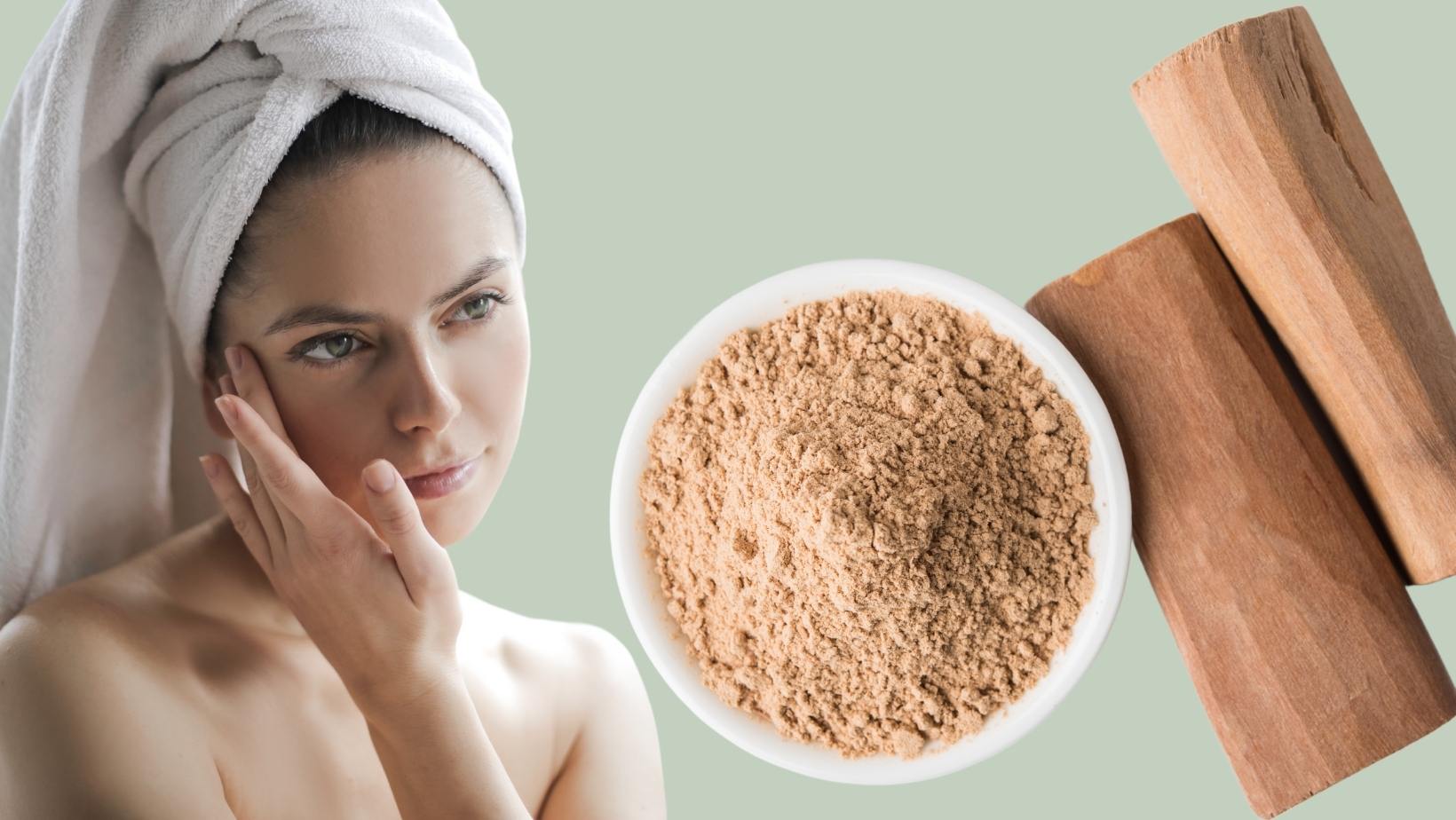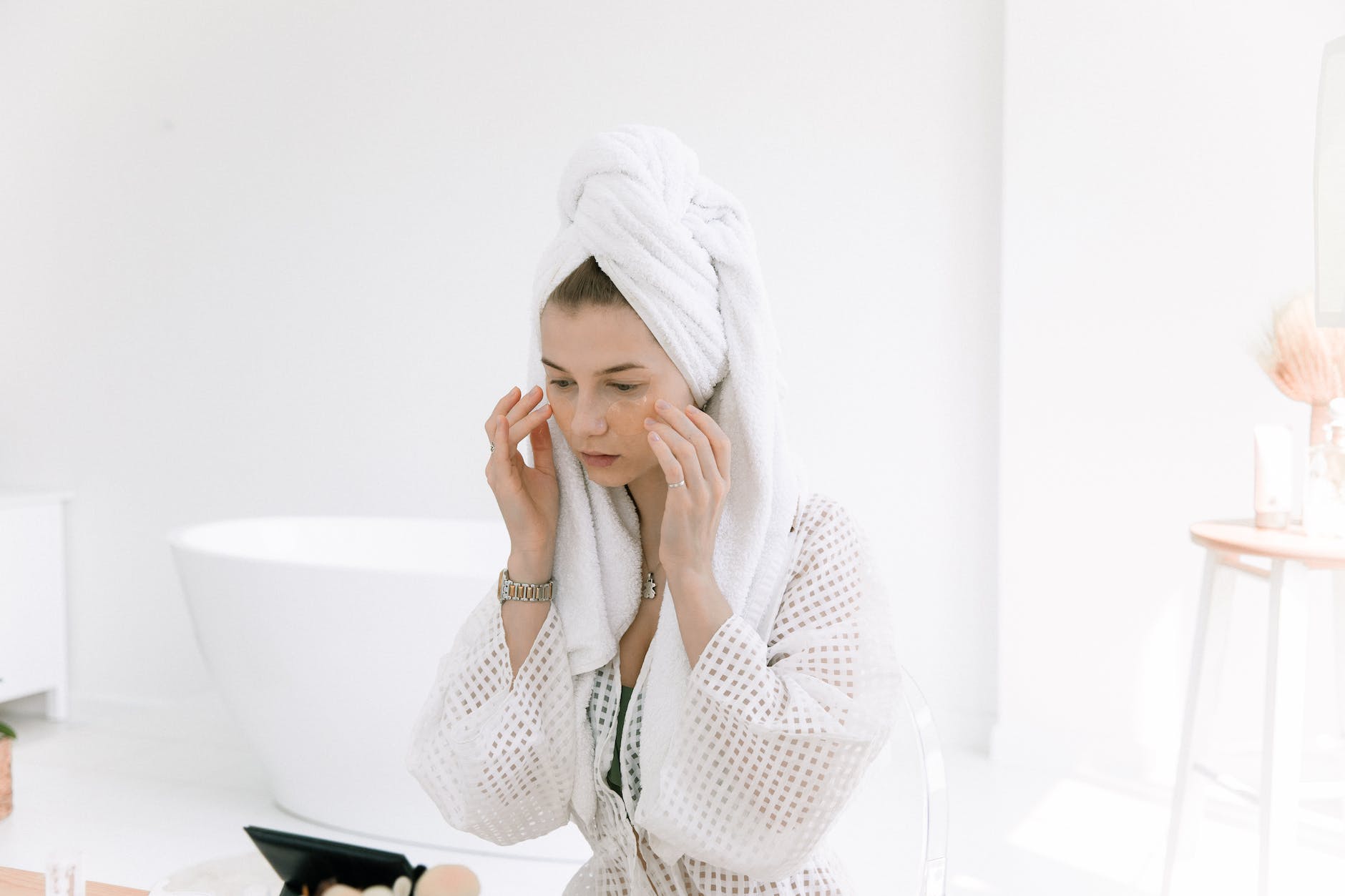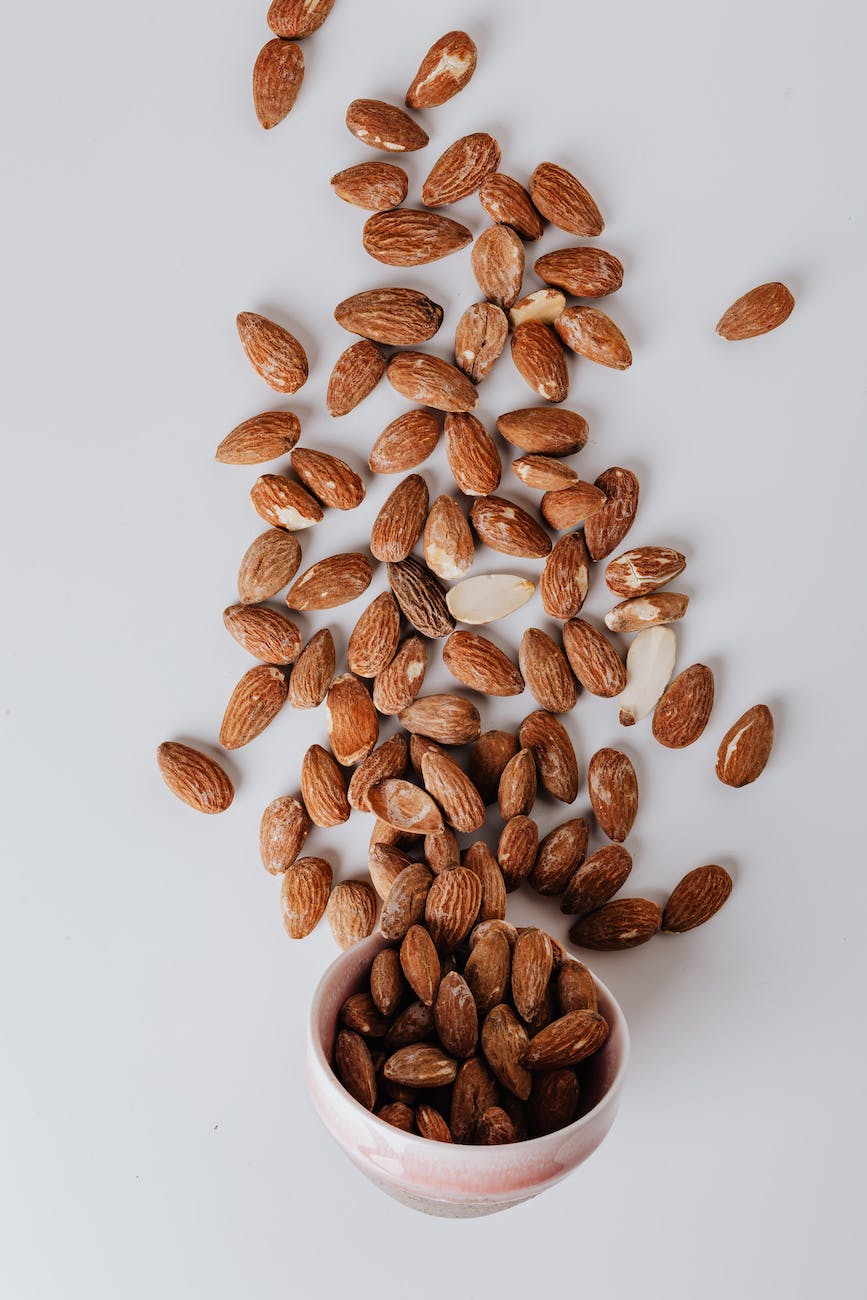
Seabuckthorn, a plant that has been cherished for centuries for its incredible health benefits, is making a comeback in the wellness world. From its nourishing oil to its nutrient-dense pulp, every part of the Seabuckthorn plant is a treasure trove of healing properties. In this comprehensive guide, we’ll explore the myriad benefits of Seabuckthorn, answering all your queries about this wonder plant. So, let’s dive in! 🏊♀️
What is Seabuckthorn? 🌳
Seabuckthorn is a plant that grows in the mountainous regions of Asia and Europe. The plant produces bright orange berries, which are known for their high nutritional content. The berries, seeds, and leaves of the Seabuckthorn plant are used to produce various health products, including oils, powders, and teas.
Seabuckthorn for Skin: The Ultimate Skin Savior 🌿
Seabuckthorn has been hailed as a miracle worker for skin health. Here’s why:
- Nourishing: Seabuckthorn oil is rich in vitamins A, C, and E, which are essential for skin health. These vitamins nourish the skin, improve elasticity, and promote cell regeneration.
- Healing: The oil has anti-inflammatory and healing properties. It can help soothe irritated skin, heal burns, cuts, and wounds, and reduce acne and blemishes.
- Anti-Aging: The antioxidants in Seabuckthorn fight against free radicals that cause skin aging. Regular use of the oil can help reduce wrinkles and fine lines, giving your skin a youthful glow.
The Magic of Seabuckthorn Pulp 🍊
Seabuckthorn pulp is derived from the fruit of the plant and is a powerhouse of nutrients.
- Nutrient-Dense: The pulp is packed with vitamins, minerals, antioxidants, and essential fatty acids. It’s a great addition to smoothies, juices, and other recipes.
- Digestive Health: Consuming Seabuckthorn pulp can aid digestion and help maintain a healthy gut. It’s known to soothe gastrointestinal issues like ulcers.
Seabuckthorn Seed Oil vs Fruit Oil: What’s the Difference? 🌰🍒
Seabuckthorn seed oil and fruit oil are derived from different parts of the plant and have slightly different nutrient profiles.
- Seed Oil: Seabuckthorn seed oil is extracted from the small dark seeds of the fruit. It’s rich in omega-3 and omega-6 fatty acids, and vitamin E. It’s known for its skin healing properties and is often used in skincare products.
- Fruit Oil: Seabuckthorn fruit oil, on the other hand, is extracted from the fleshy part of the fruit. It’s rich in omega-7 fatty acids and carotenoids, which give it a deep orange color. This oil is known for its nourishing and protective properties for skin and mucous membranes.
Seabuckthorn Tea: A Nutrient-Rich Beverage 🍵
Seabuckthorn tea is a delicious and healthy beverage made from the leaves and berries of the Seabuckthorn plant. It’s packed with antioxidants and vitamins, making it a great choice for boosting your immune system and overall health. Plus, its tangy and refreshing taste is a delight for the taste buds!
Seabuckthorn Powder: A Versatile Superfood 🥣
Seabuckthorn powder is made from dried and ground Seabuckthorn berries. It’s a versatile superfood that can be added to smoothies, oatmeal, yogurt, and even skincare products. It’s a convenient way to enjoy the health benefits of Seabuckthorn, especially if fresh berries are hard to come by.
Seabuckthorn Extract: Concentrated Goodness 💧
Seabuckthorn extract is a concentrated form of all the goodness found in the plant. It’s often used in dietary supplements and skincare products. The extract is rich in antioxidants, vitamins, and essential fatty acids, offering a range of health and beauty benefits.
Seabuckthorn Oil for Face: The Secret to Glowing Skin 🌟
Seabuckthorn oil is a popular ingredient in many face care products due to its nourishing and healing properties. It can help:
- Moisturize: The oil deeply hydrates the skin, leaving it soft and supple.
- Brighten: Regular use of Seabuckthorn oil can help lighten dark spots and pigmentation, giving your face a bright, even tone.
- Protect: The antioxidants in the oil protect your skin from environmental damage and harmful UV rays.
Seabuckthorn Berries: A Nutritional Powerhouse 🍓
Seabuckthorn berries are small but mighty. They are packed with:
- Vitamins: The berries are rich in vitamins C and E, which are known for their antioxidant properties.
- Minerals: They contain essential minerals like potassium, iron, and calcium.
- Fatty Acids: Seabuckthorn berries are one of the few plant sources that contain omega-7 fatty acids, which are beneficial for skin and heart health.
Seabuckthorn Seed: A Hidden Gem 💎
Seabuckthorn seeds, though tiny, are packed with nutrients. They are a good source of protein and fiber and contain omega-3 and omega-6 fatty acids. The seeds can be ground into a powder and added to your diet for an extra nutritional boost.
Health Benefits of Seabuckthorn: More Than Just Skin Deep 💪
While Seabuckthorn is often associated with skin health, its benefits extend far beyond. It’s known to:
- Boost Immunity: The high vitamin C content in Seabuckthorn helps boost your immune system and fight off infections.
- Support Heart Health: The omega fatty acids in Seabuckthorn help maintain healthy cholesterol levels and support heart health.
- Aid Digestion: Seabuckthorn is known to soothe digestive issues and support gut health.
What is Sea Buckthorn Called in India? 🌳
Sea buckthorn is known by various names in different parts of India. In Hindi, it’s commonly referred to as “Daru” or “Chharma.” In the Ladakh region, where it grows abundantly, it’s known as “Tsetal.”
What is the Use of Sea Buckthorn Patanjali? 🍊
Patanjali, a renowned brand in India, offers a range of products made from sea buckthorn. These products are primarily used for their health and wellness benefits. For instance, Patanjali’s sea buckthorn juice is consumed for its high nutritional content and immune-boosting properties. Their sea buckthorn oil is used for skincare due to its nourishing and healing properties.
Is it Safe to Take Sea Buckthorn Everyday? 🥣
Generally, sea buckthorn is considered safe for most people when consumed in moderation as part of a balanced diet. However, the safety of long-term use is not well studied. It’s always best to consult a healthcare professional before starting any new supplement regimen.
What are the Side Effects of Seabuckthorn? 💊
While sea buckthorn is generally well-tolerated, some people may experience side effects such as diarrhea or skin rashes, especially with excessive consumption. If you experience any adverse effects, it’s recommended to stop using the product and consult a healthcare professional.
Who Should Not Take Sea Buckthorn? 🚫
People with certain medical conditions should exercise caution with sea buckthorn. For instance, those with bleeding disorders or those about to undergo surgery should avoid sea buckthorn as it may slow blood clotting. Pregnant and breastfeeding women should also consult a healthcare professional before using sea buckthorn.
Is Seabuckthorn Good for Fatty Liver? 🍏
Preliminary research suggests that sea buckthorn may have potential benefits for liver health, including fatty liver disease. Its high antioxidant content may help protect the liver from damage. However, more research is needed in this area.
Is Sea Buckthorn Good for Hair? 💇♀️
Yes, sea buckthorn oil is often used in hair care products due to its nourishing properties. It’s rich in vitamins and essential fatty acids that can help strengthen hair, promote growth, and improve scalp health.
Is Sea Buckthorn Anti-Aging? 🕰️
Sea buckthorn is rich in antioxidants and vitamins that are known for their anti-aging properties. Regular use of sea buckthorn oil can help reduce wrinkles and fine lines, giving your skin a youthful glow.
Does Sea Buckthorn Brighten Skin? 🌟
Yes, sea buckthorn oil can help brighten the skin. It’s rich in vitamins A and C, which are known for their skin-brightening properties. Regular use can help lighten dark spots and pigmentation, giving your skin a bright, even tone.
Is Sea Buckthorn Good for Face? 🌸
Absolutely! Sea buckthorn oil is a popular ingredient in many face care products due to its nourishing and healing properties. It can help moisturize, brighten, and protect your skin, making it a great addition to your skincare routine.
Does Sea Buckthorn Increase Estrogen? 💊
There’s limited research on the effect of sea buckthorn on estrogen levels. Some studies suggest that it may have phytoestrogenic properties, but more research is needed to confirm these findings. If you have a condition that could be worsened by increased estrogen, it’s best to consult a healthcare professional before using sea buckthorn.
What is the Best Form of Sea Buckthorn? 🏆
The “best” form of sea buckthorn really depends on your individual needs and preferences. Sea buckthorn oil is great for skin care, while sea buckthorn juice or tea can be a nutritious addition to your diet. Sea buckthorn supplements, such as capsules or powders, can be a convenient way to enjoy its health benefits.
Conclusion: Embrace the Power of Sea Buckthorn 🌼💕
Sea buckthorn is truly a gift from nature. Its myriad benefits make it a must-have in your wellness routine. Whether you’re looking to enhance your skin health, boost your nutrient intake, or soothe your digestive system, sea buckthorn has got you covered. So, why wait? Embrace the power of sea buckthorn today!
Remember, it’s always best to consult a healthcare professional before starting any new supplement regimen. Stay tuned for more health and wellness tips!












